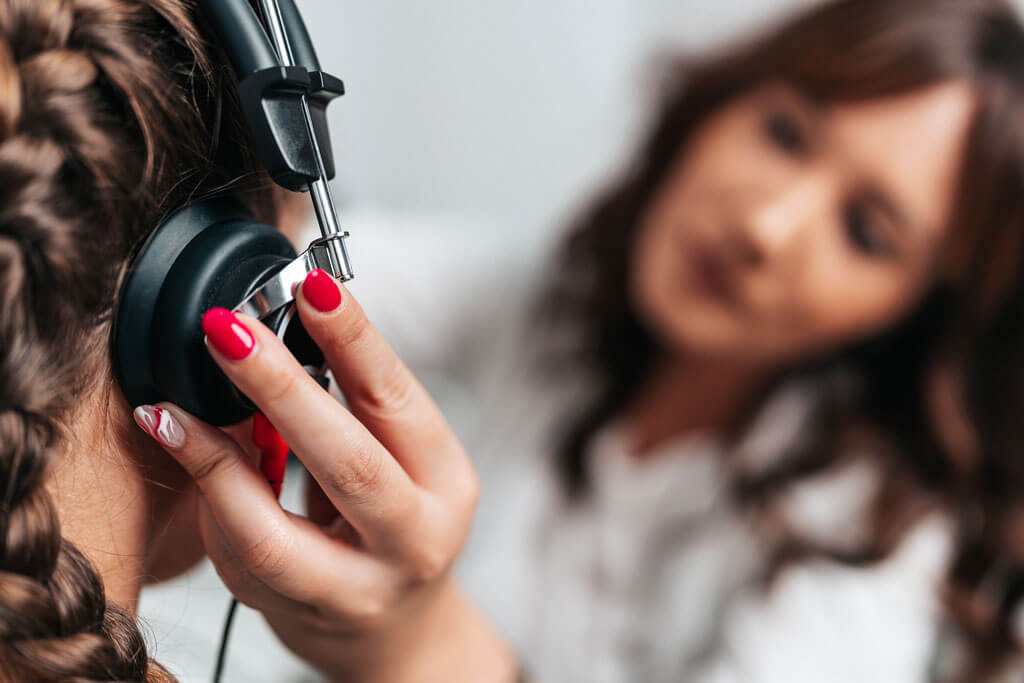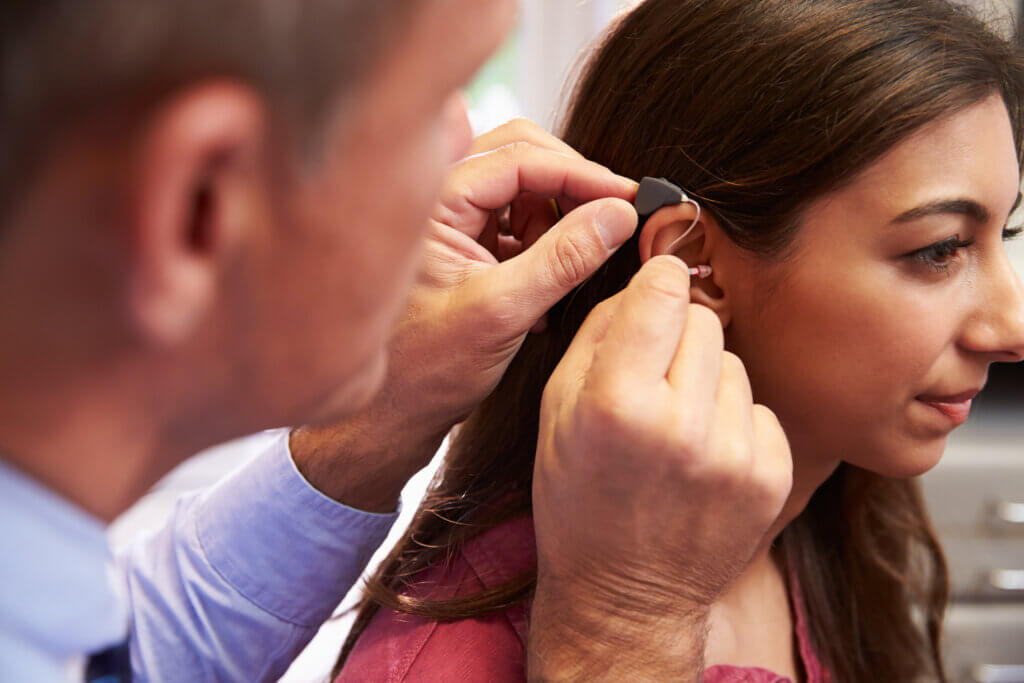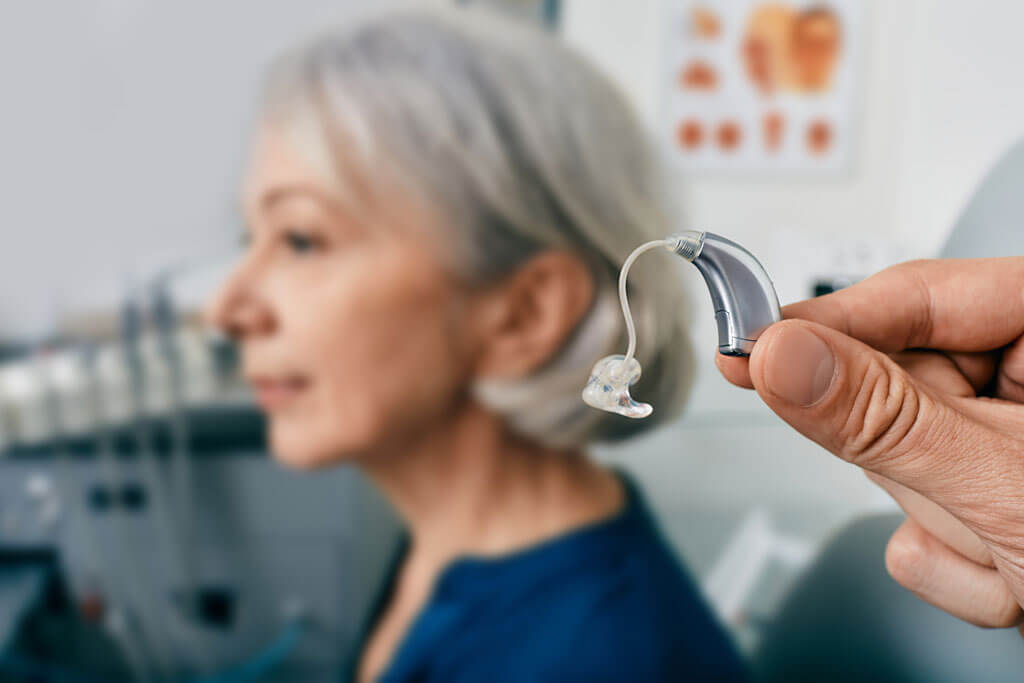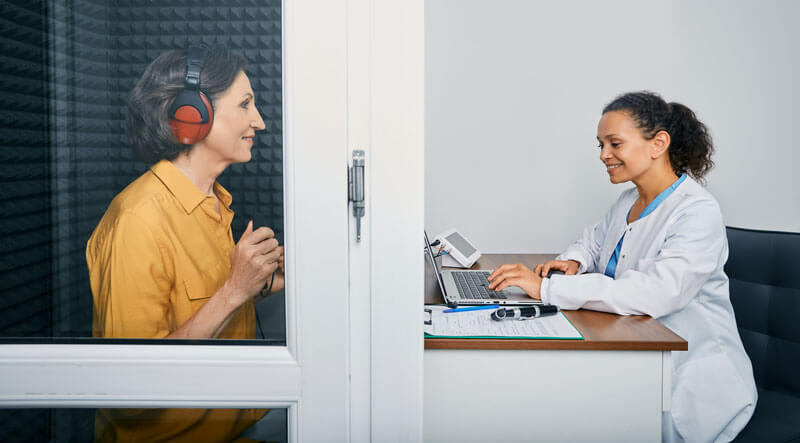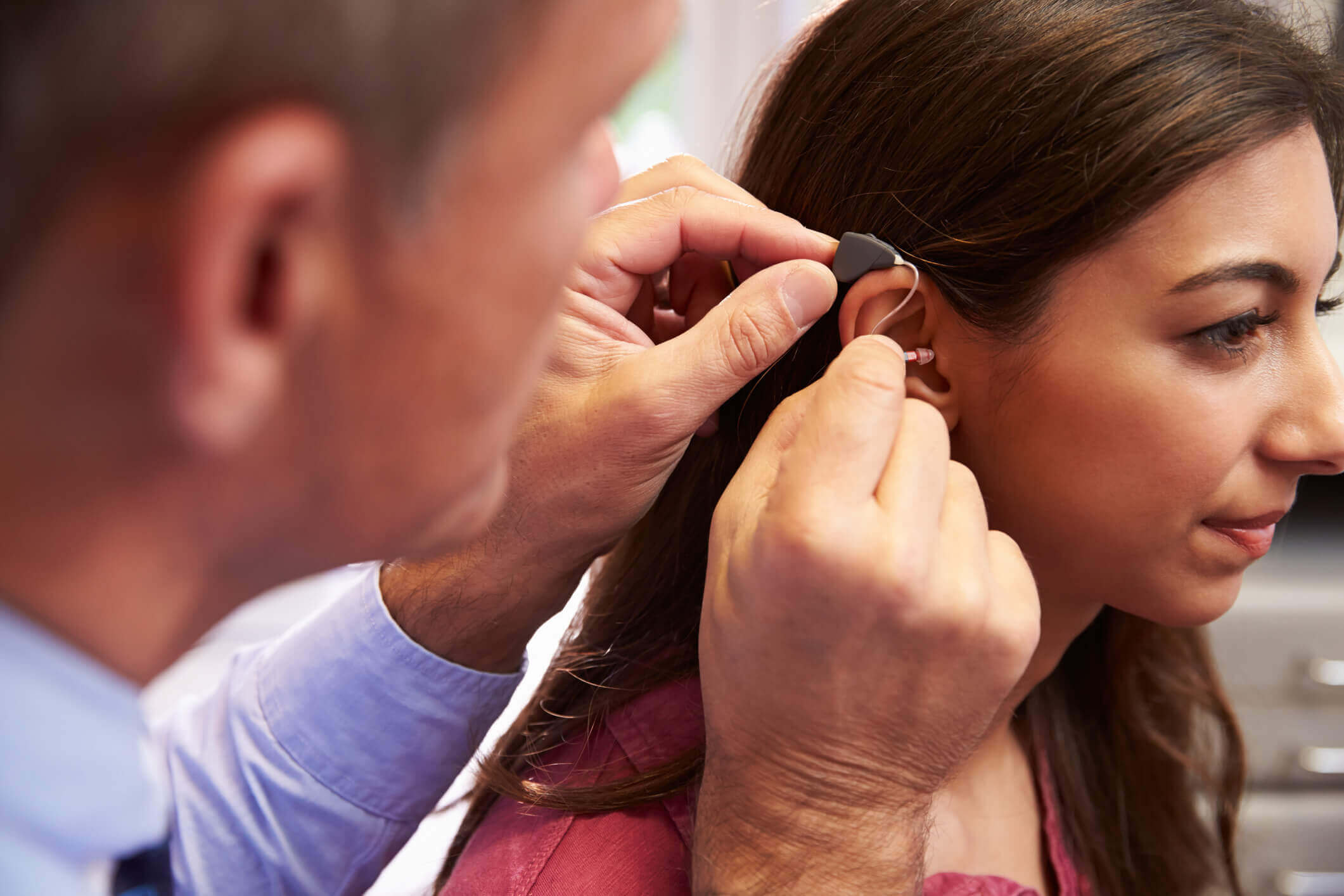
For most hearing loss patients, hearing aids are a blessing. They help keep you connected with others and allow you to enjoy many of your favorite activities and pastimes. But a better overall quality of life comes with a price – literally. As with anything that costs money, you’ll want to ensure your hearing aids last as long as possible. Regular maintenance will help extend their life.
Hearing aids are exposed to a harsh environment consisting of heat, moisture, earwax, and dirt which wreak havoc on the internal circuitry. We’re not saying you aren’t fastidious over your cleaning routine, but the ear canals are a forbidding landscape that no amount of cleaning can keep sterile. In order to ensure your hearing aids perform at their optimal capacity, routine maintenance is a must. The following tasks are essential:
- Keep your hearing aids clean. Gently wipe down all surfaces using a soft, dry cloth. Don’t forget the microphone inlet, which can become clogged with earwax, and the battery contacts, which attract dirt and dust.
- Avoid moisture. Moisture can damage the electronic circuitry of your hearing aids, so avoid it at all costs. Refrain from using water, solvents, cleaning fluids, or alcohol when cleaning them, and remove your hearing aids prior to washing your face or applying hairspray or facial lotions. If your hearing aids come into contact with water, dry them with a towel as soon as possible. For added protection, store them in a hearing aid dehumidifier, especially if you live in a humid climate.
- Change the batteries often. Leaving batteries inside your hearing aids for too long can cause corrosion and damage. Change your batteries regularly and open the battery door at night to keep moisture from collecting. If you won’t be using your hearing aids for a few days, remove the batteries completely.
- Change your earwax filter. Earwax accumulations are inevitable and can damage your hearing aids if ignored. Using a soft toothbrush, gently remove any earwax from your aids on a daily basis. Don’t forget the receiver and microphone, both of which can quickly become clogged. Replace the wax filter and/or wax guard regularly to prevent earwax from reaching the internal components.
- Schedule routine clean-and-check appointments. Regardless of how thorough a job you are doing caring for your hearing aids at home, occasional professional cleanings will help ensure all components are cared for and hard-to-reach or easily overlooked areas are taken care of. Your audiologist will also test your hearing aids and make any adjustments needed.
Daily care of your hearing aids may seem like extra work but taking a few extra minutes every day will pay off in the long run. Contact Hearing Institute of Ontario for additional hearing aid maintenance tips or if you require some troubleshooting.





